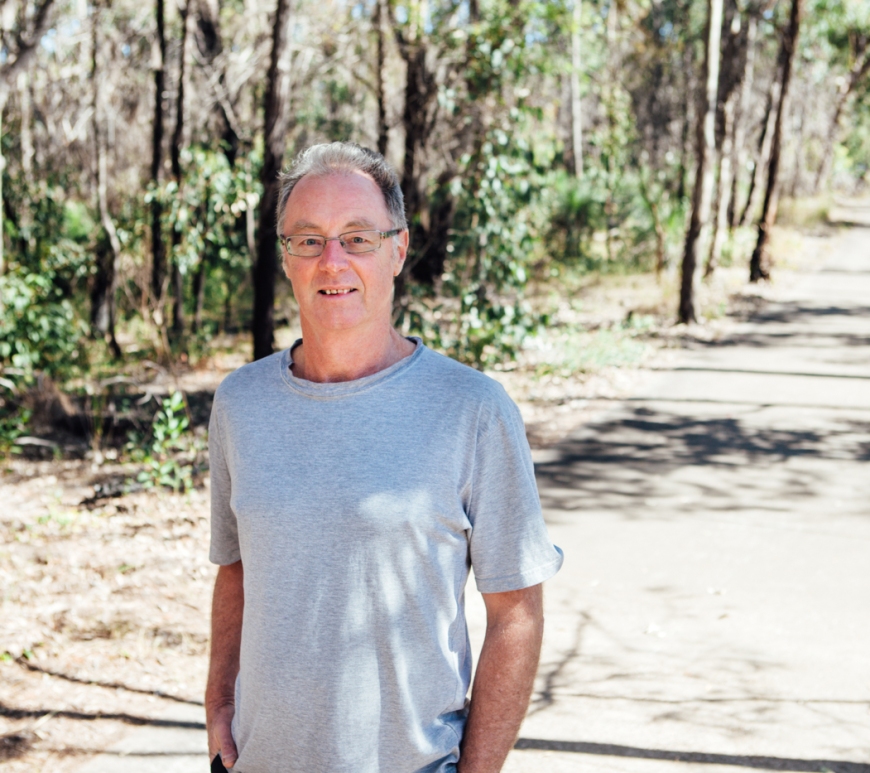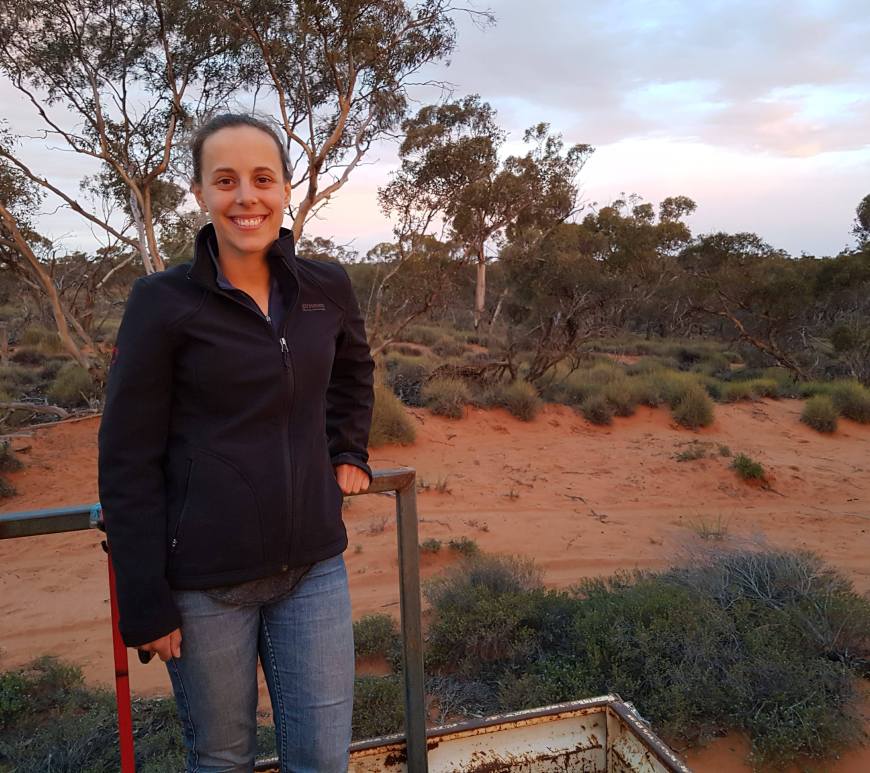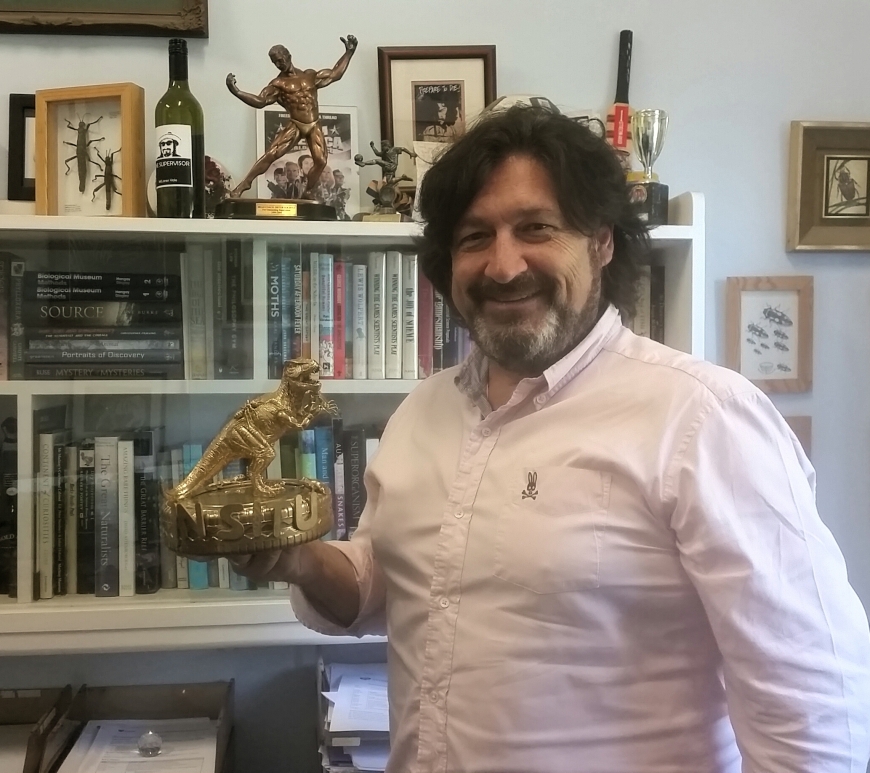
Ep 98. Bird feeding and book publishing with Darryl Jones
Don’t feed the birds! Well.. OK, if you must make sure you do it properly. Dr Darryl Jones is an urban ecologist who has spent years studying the interactions between humans and animals in towns and cities. One of the most common and widespread interactions between animals and humans is bird feeding. Despite how common it is, there has been very little research into the … Continue reading Ep 98. Bird feeding and book publishing with Darryl Jones







